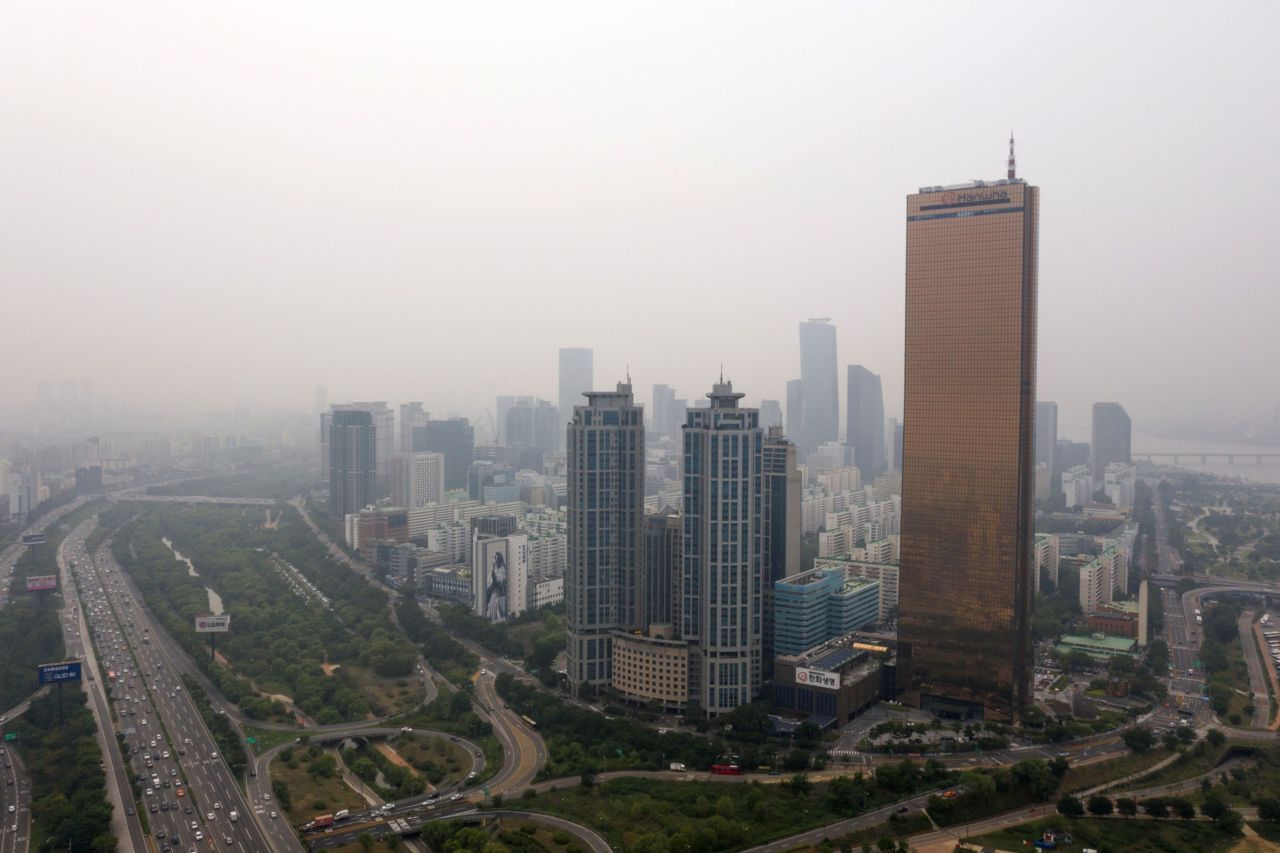Korean companies are facing imminent threats of credit downgrades, as they face a double whammy of weak 2019 earnings and novel coronavirus fears weighing on the global economy.
Some of the firms have already experienced credit rating downgrades by agencies in the past week.
Seoul-based NICE Investors Service last week downgraded credit ratings of panel maker LG Display and retailer E-mart by one notch each, as their business prospects are clouded and they are shouldering increased debt.
LG Display’s long-term credit fell to A+ from AA-, maintaining a negative outlook. NICE cited a gloomy outlook for liquid crystal display panels for TVs and financial pressure from its investments in organic light-emitting diode panels, including the latest 3 trillion won ($2.5 billion) in July.
Its earnings before interest, tax, depreciation and amortization -- a barometer to measure profitability -- fell 36 percent for 2019, while its debt-to-equity ratio as of end-2019 surged to 184.9 percent, up over 50 percent from a year prior, according to its preliminary data.
Also, E-mart’s long-term credit was adjusted to AA with a stable outlook, from a AA+ grading with negative prospect. This is E-mart’s first credit cut since it spun off from Shinsegae in 2011.
NICE cited an undermining profitability of its warehouse stores and financial burden from its investment plan amid its digital transformation drive -- over 1 trillion won yearly starting 2020 -- outsizing its operating incomes.
E-Mart’s operating profit in 2019 slid 67.4 percent, while its net profit sank 53 percent, preliminary data showed.
The two companies might be just an omen for a series of revisions in other Korean companies’ creditworthiness, as the breakthrough for a turnaround from the marked 2019 slowdown is looking more unlikely.
The lingering impact of the coronavirus outbreak in China adds to other pressures on growth across the Asia-Pacific region, already hit by decelerating global trade, according to Moody’s Investors Service, which noted earlier in February that Korea’s retail, auto, tech, refining, chemicals and steel sectors will be most affected.
“Our baseline assumption is that the economic effects of the coronavirus outbreak will continue for a number of weeks before tailing off and allowing normal economic activity to resume,” Christian de Guzman, a Moody’s senior vice president, noted Tuesday, adding its impact will have “knock-on effects for economies across the region.”
Just last week, local credit bureaus placed Lotte Shopping, OCI, CJ CGV, Hyundai Electric & Energy Systems on their watchlists.
In particular, multiplex cinema operator CJ CGV has been hit by the coronavirus scare sweeping across mainland China. Since Jan. 24, all cinemas owned by CJ CGV have suspended operations in China. This is coupled with the threat of cash outflow from bleak prospect of its Turkish operation.
NICE said it would take into account the further impact of the spread of the novel coronavirus when rating CJ CGV.
Also last week, Moody’s said chemical manufacturer KCC’s weak earnings in 2019 are credit negative. KCC logged a 33.5 percent on-year fall in operating profit and net loss of 230 billion won for 2019.
The result “highlights the difficult operating environment facing the company’s legacy business as well as its newly acquired silicone business,” wrote Moody’s analyst Sean Hwang, adding the situation “will not immediately affect its Ba1 rating or negative rating outlook.”
However, LG Hellovision, which saw a net loss of 100.8 billion won for 2019, could be one exception, according to Korea Investors Service. Considering its latest move to repay debt and possible synergy effect with its new parent company LG Uplus, its creditworthiness is less likely to be impacted, Korea Investors Service added.
By Son Ji-hyoung (
consnow@heraldcorp.com)








